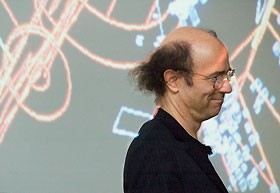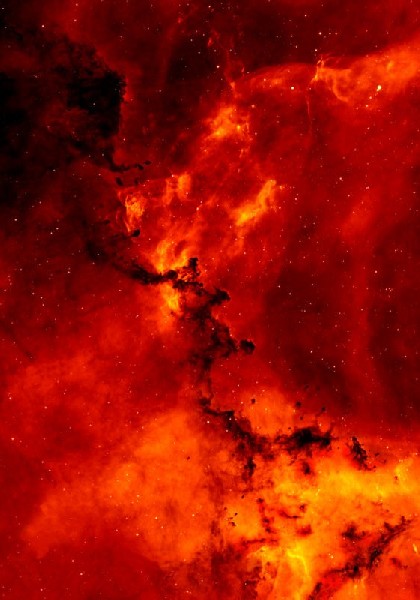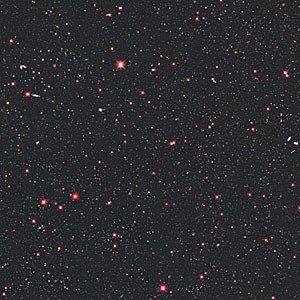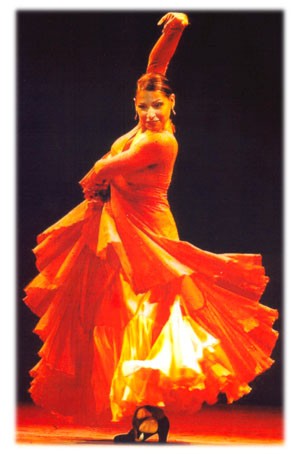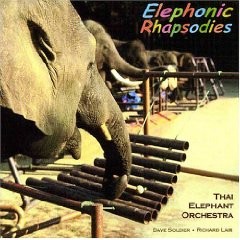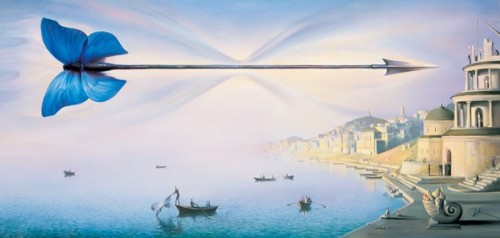New York's World Science Festival
On Nothing and Other Important Matters
By: Susan Hall - Jun 20, 2009
On the last day of the second annual World Science Festival in New York, children's day, I was sitting in the back row of a lecture, if you can call a brief, charming exploration of space travel a lecture, by Lucy Hawking, the daughter of the famed physicist Stephen, when the strong scent of a delicious perfume I could not identify approached me and passed swiftly by. I recognized Tracy Day, cofounder of the Festival with her husband, Brian Greene of The Elegant Universe. My senses told me: that's their trick. All this heavy duty thought is delivered with the ease of a talk on scents -- which teaches what the nose knows. Science can be entertaining and evocative, just as art can be instructive. Lucy Hawking was a perfect way to end the festival.
Of course, we know more about endings than we do about beginnings -- current physics focuses on the Big Bang and seminal events in the universe -- Big Ideas about origins were at the heart of the 'signature' discussions at the Festival. These subjects may sound esoteric, but science is hot -- Festival co-founder Brian Greene has appeared on Letterman (and the audience understood him!)
On Thursday evening, to slight gasps of pleasure from a knowing audience, Sir Roger Penrose appeared on stage – Sir Roger is of course saving us from a completely mechanistic view of brain processes: He thinks that consciousness may depend on a new kind of quantum physics which we don't, as yet, have a theory for, and suggests that the microtubules within brain cells might be the place where the crucial events take place. He was joined by Frank Wilczek, Nobelist who has been anthologized as an author of light verse and appeared "ghost busting" with magicians Penn and Teller.
The subject was "Nothing" and John Hockenberry, a supremely knowledgeable moderator, wondered that people dared to talk about nothing, which it turns out does not exist or rather, it doesn't exist where we thought it did, in vacuums, where tiny particles, 10-24 are perceptible.
Hockenberry also moderated another heavy duty event on "Time After Einstein," which he introduced and concluded by reading William Butler Yeats. You may be wondering why BFA is running this piece, but Yeats, Wilczek's light verse, Chuck Close on neuroscience and Anna Deveare Smith as James Watson and E.O.Wilson are part of the reason.
Fifty years ago, C.P. Snow delivered an influential lecture called The Two Cultures which provoked a heated debate. Snow argued that the breakdown of communication between the "two cultures" of modern society – the sciences and the humanities — made solving the world's problems extremely difficult. Despite setbacks during the Bush period, we've returned to a recognition of how and where these two ways of looking at the world intersect.
For the past few years I have attended a monthly lecture and performance at the Cornelia Street Café in NY, where Roald Hoffman, a Nobelist in chemistry, poet and playwright presides. Discussion of biochemical interactions between microbes and the proteins in our cells was accompanied by the interactions of a flamenco dancer. A Princeton biologist who studies the conversations between bacteria was accompanied by her husband, who did silhouetted bacterial conversations to music. A band of NYU neurologists called the Amygdala perform when one of its members talks about language acquisition, and a wonderful Klesmer group performed with a population geneticist who talked about Jewish genes. David Sulzer uses two names: Sulzer for his work on the synpases formed by mid brain dopamine projections and Soldier for the improvisations encourages in an orchestra of elephants.
While it is often noted that human intuition deceives us, particularly in the matter of time, which we sense only going forward -- the arrow of time -- we know from physics that events are exactly the same whether time is going forward or back, and seek to understand this. T.S. Eliot famously wrote:
Time present and time past
Are both perhaps present in time future,
And time future contained in time past.
If all time is eternally present
All time is unredeemable.
Intuition, as much as it misleads, is also known to prompt hypotheses in science.
Philosophers joined scientists in the discussions, and in both the event on Time and also one on Free Will, they asked the most penetrating questions. Does human yearning prompt our curiosity about the beginnings of our universe? Does human yearning lead us to even ask the free will question when so much scientific insight leads us to determinism? Would these questions be asked if humans didn't yearn for answers?
The psychologist on stage during the conversation about free will was left with not much to say, and Patrick Haggard, who studies those brain images that will probably end up in a garbage pail like phrenology – the 'science' of reading brain bumps, chattered loudest. Brain imaging scientists dominate the conversation today, but while the pictures are pretty, their insights don't fill in many gaps in our understanding.
Lucid lectures by Stanford and MIT science professors are readily available on YouTube, the preferred search engine of the under thirteen set -- some of whom I saw in the audience for these complex discussions at the WSF. Sunday was their day, but only the tiniest participants assembled a geodesic dome and sat on a bed of a thousand nails to demonstrate the distribution of force. The older ones may have been exhausted by an event billed as "Peak Experience," an overnight at the Rubin Museum of Art where no adults were allowed. However, throughout the Festival I saw young people grappling with the theory of entanglement --and that doesn't mean two teens in the back seat of a car.
Mark this annual event on the calendar. And if you can't wait, set up your own Science Café with local talent. Science need not intimidate. It can engage and elucidate. Besides, these Science Cafes are fun.

